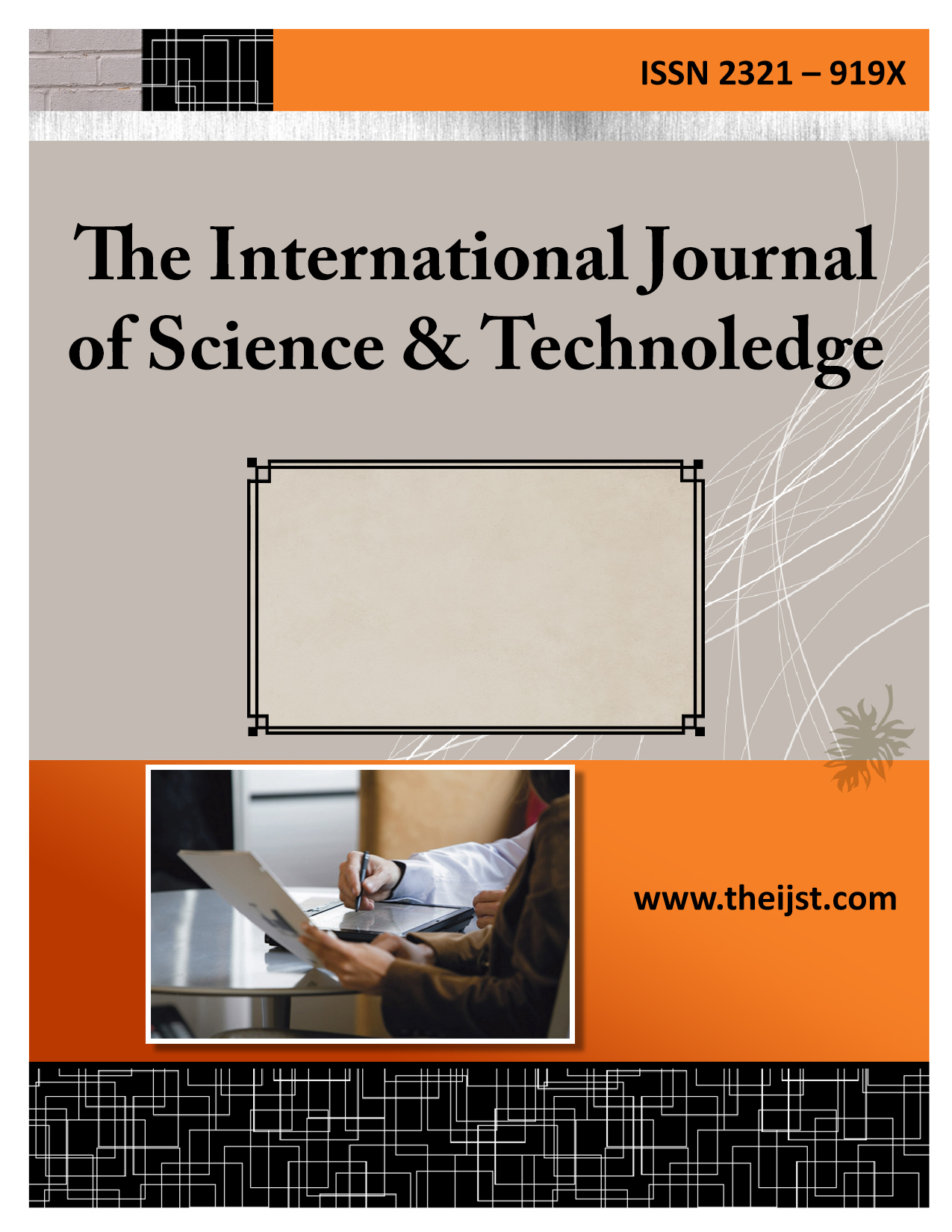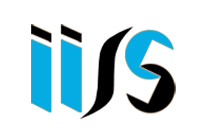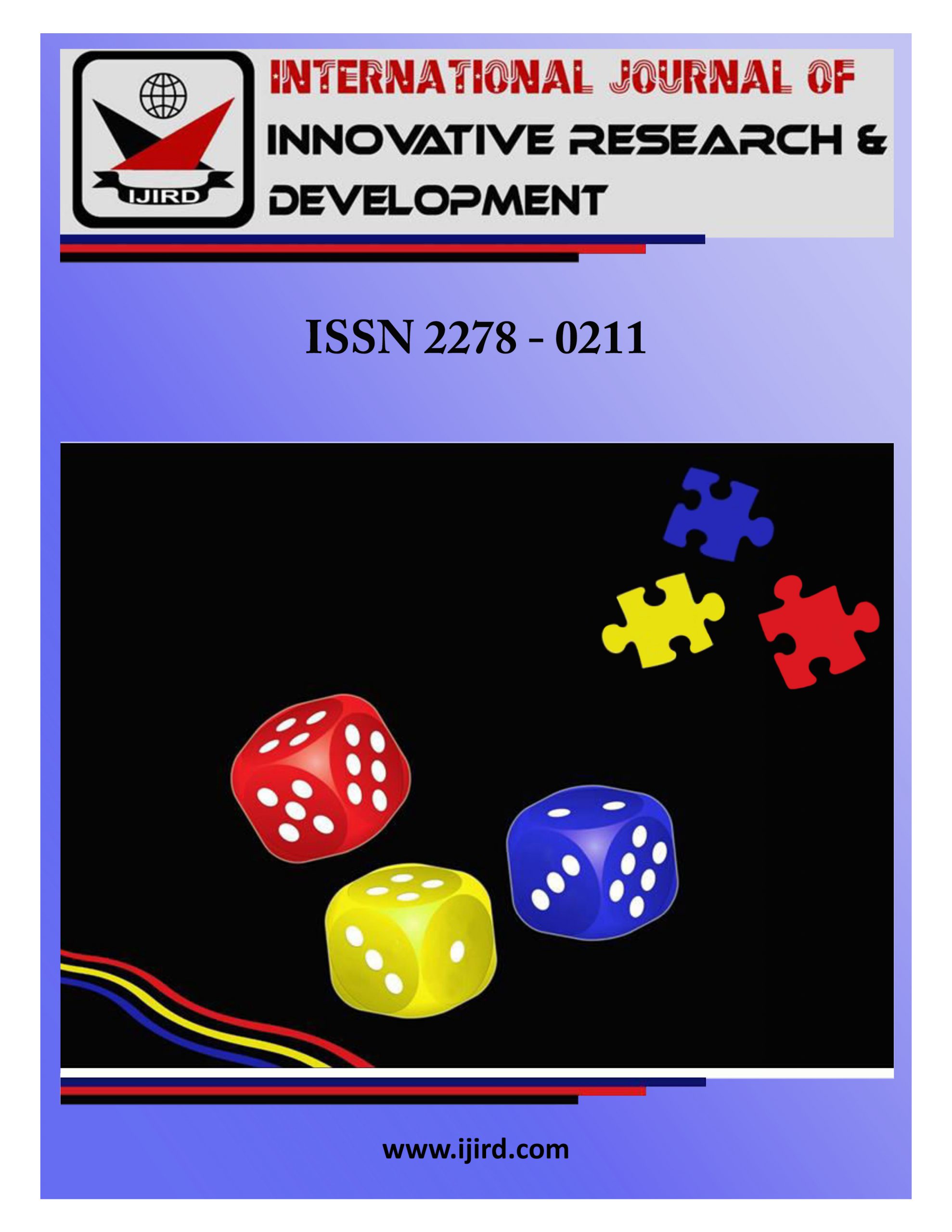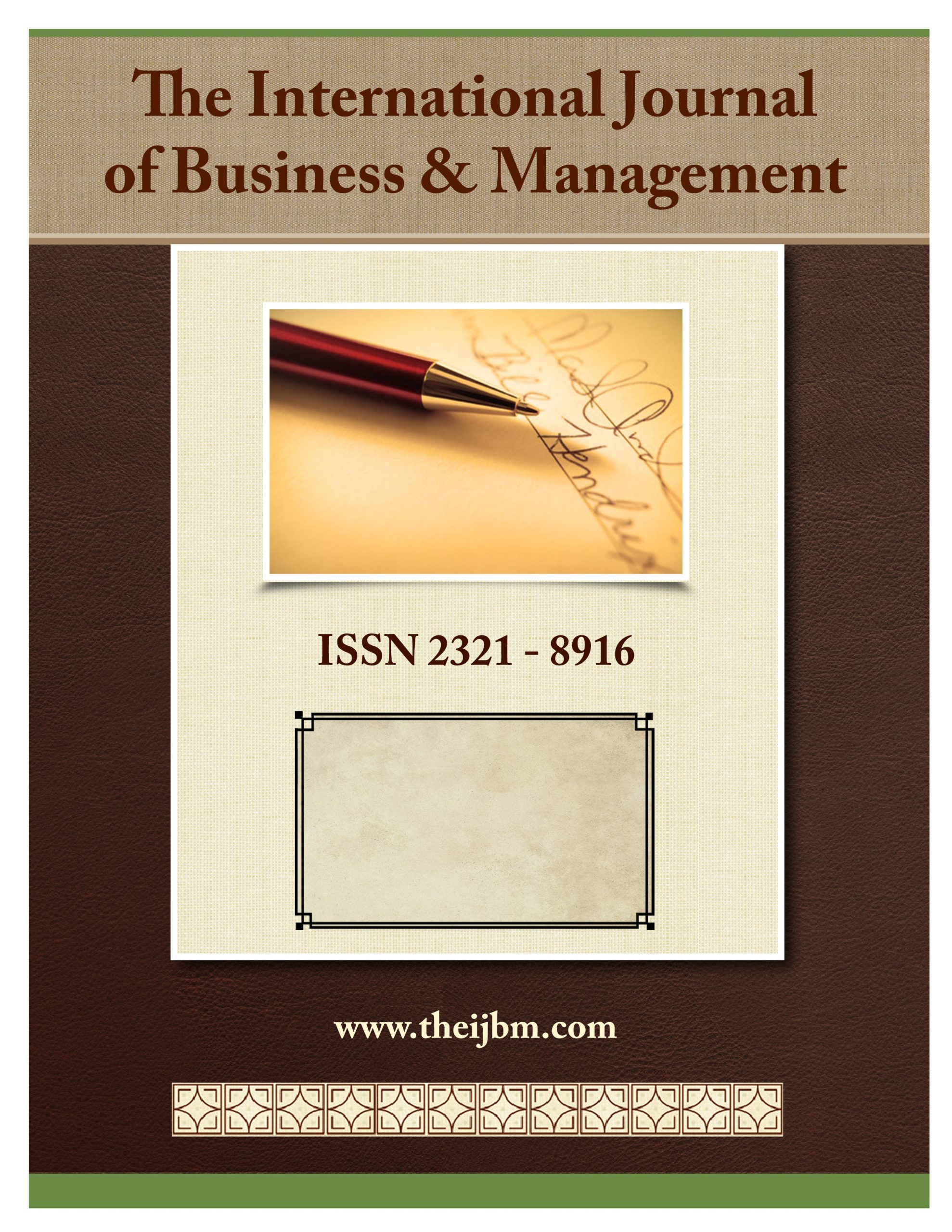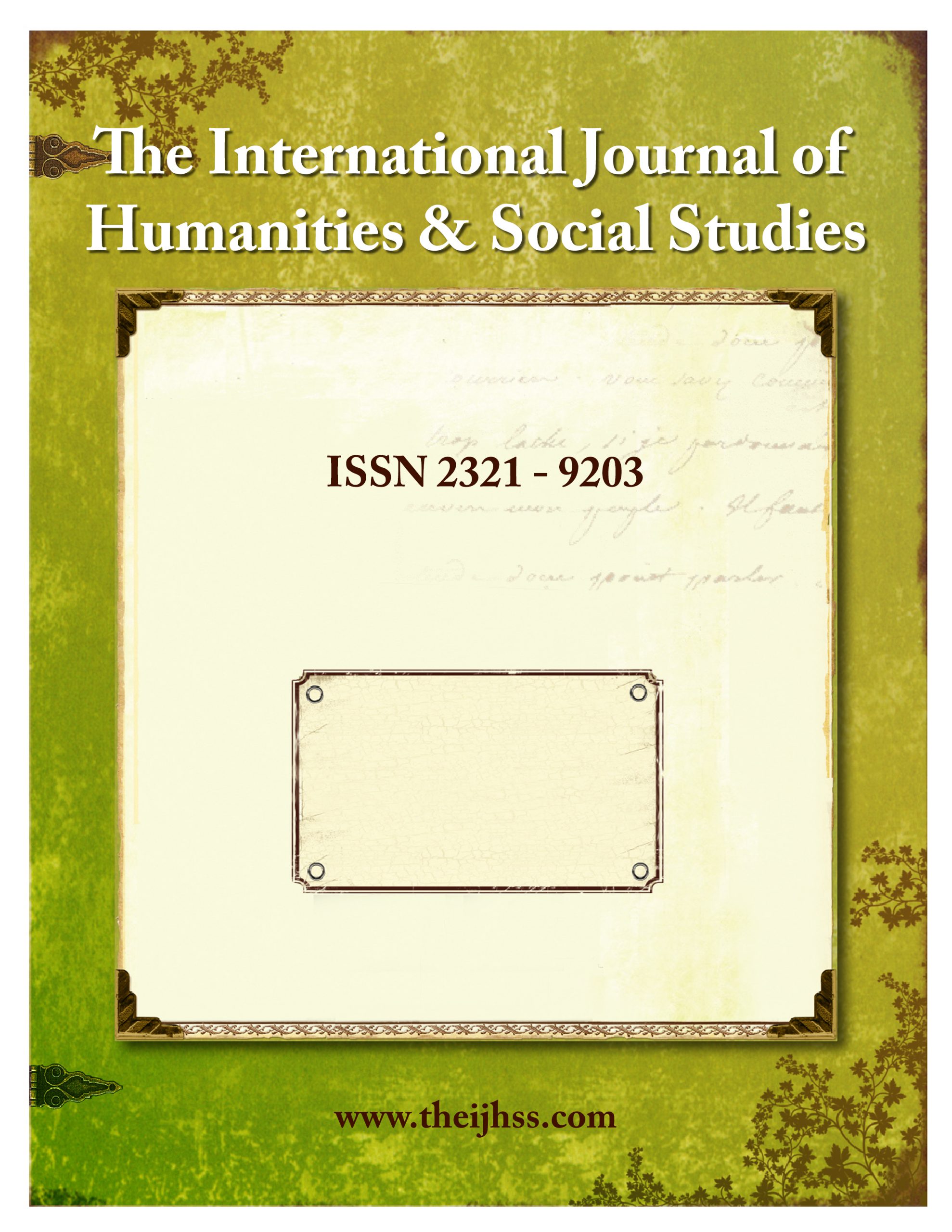It has been almost three years that the world is struggling with a deadly virus named Corona, which has impacted lives, economies and global movements. Professionals have had to accommodate to new methods of conducting meetings from, doing deliverables entirely over the internet, and scheduling work hours at home. Similarly, academicians, students and researchers have also suffered a lot, because of virtual classes, hindered access to human samples and limited resources for internal journal publications. Researchers and students doing scientific study abroad had to suffer too due to closed consulates, visa suspensions and restricted cross-border movements. It did not look good for the scientific world at all, because meaningful findings could not reach their conclusion due lack of resources, and diverted attention to a new thing. Very recently, people felt relieved that the Corona is slowing down, and things might go back to normal. However, then the Third-wave struck us, people started to die again, children were impacted with unusual infections, vaccines started developing but not effective enough to defeat the wave, and people once again, started fighting for their lives instead of focusing on work and academics.
So here are some of the most prominent impacts of COVID-19 Third-wave on the Research World-
- The Pandemic Curtailed Most of the Academic Industry– The ongoing experiments that had already got funding, were forcefully stopped due to interrupted movement of scientists to universities and labs. People were asked to stay home to stop the spread of virus, hence professors, research guides, as well as project team members were hindered from continuing their research. Some of the work and documentation could be done from home, but most of the field work was curtailed due to COVID, and it continues to be the same way after the third-wave. After a brief period of return to science, people again, have to restrict themselves inwards, and let their academic work go.
- Most of the Research Was Redirected– When COVID hit, the big impact on research industry was that it had to be modified immediately to accommodate a new topic of health- the Corona virus. Governments insisted more research to be conducted on the subject to understand how the virus behaves and reacts with individuals, so that precautions can be taken. Hence, universities and the biggest research teams were forced to redirect their attention towards COVID, while other global issues like environment, finance, economy and biomedical studies were left in between. After the third wave, once again, research had to be diverted towards the mutative strengths of the new virus, and its impact on human health, so technically, no new research has come up in the last two years, that is not related to COVID.
- Journals Demand More Publications on COVID– The new virus happened like a world sensation. Whenever such a new thing occurs in a thousand years, people want to know about it. Hence international journal started asking for more submissions on COVID-19 third wave, instead to anything else, so that they could improve their readability, viewership and citations. At the end of the day, they have to publish what sells, and in the world of pandemic nothing else can get people talking than COVID. This put a lot of pressure on young researchers and academicians, to give up their existing ideas and start thinking about COVID, to remain relevant, which to some extent killed their creativity and personal interest.
- Lack of Literature on COVID-19– Since COVID is such a new thing, there isn’t much literature except for some referral work on Spanish flu. Hence scientists found it hard to do any kind of literature review or develop research gap from the studies; hence everything that was formulated or tested were new. Therefore, scientists have to go through a lot of pressure for building up a strong literature on COVID, especially when different mutations of the virus have created a third wave in the world. This can help future researchers wanting to develop upon this virus.
- Disrupted Careers of Scientists and Physicians– Those medical scientists who dedicated their lives to scientific research and findings were forced to change their objective from scientific study to patient care. Ongoing clinical trials have been modified to enable home administration of treatment and virtual monitoring to minimize participant risk of COVID-19 infection, and to avoid diverting healthcare resources from pandemic response. In addition to short- and long-term patient impact, these research disruptions threaten the careers of physician-scientists, many of whom have had to shift efforts from research to patient care. To protect research in progress, as well as physician-scientist careers and the research workforce, ongoing support is critical.
- The Third Wave of the Pandemic Has Redirected Research Funds– With more prioritization of human health over research, the governments and private agencies want to invest for improving human health and patient lives, than give in research ideas. It is not possible to integrate materials in international journal publications if there are no fundings for research. But with Corona in place, most fundings have gone towards developing hospital resources; research funds were allotted if only it was about COVID and its variants. In the long term, it is likely that the pandemic will force reallocation of research dollars at the expense of research areas funded prior to the pandemic.
Scientific research is important. The global pandemic has proved that academic findings are inevitable for an empirical solution to any world problem. COVID could not be fought if some incredible scientists hadn’t researched to find vaccines, hence research world needs support and funding. Scientists should also start prioritizing as to how they can maximize the use of funds, for important and relevant topics like children’s studies, global warming, world war impacts etc., which includes but not limited to COVID and its various waves.

